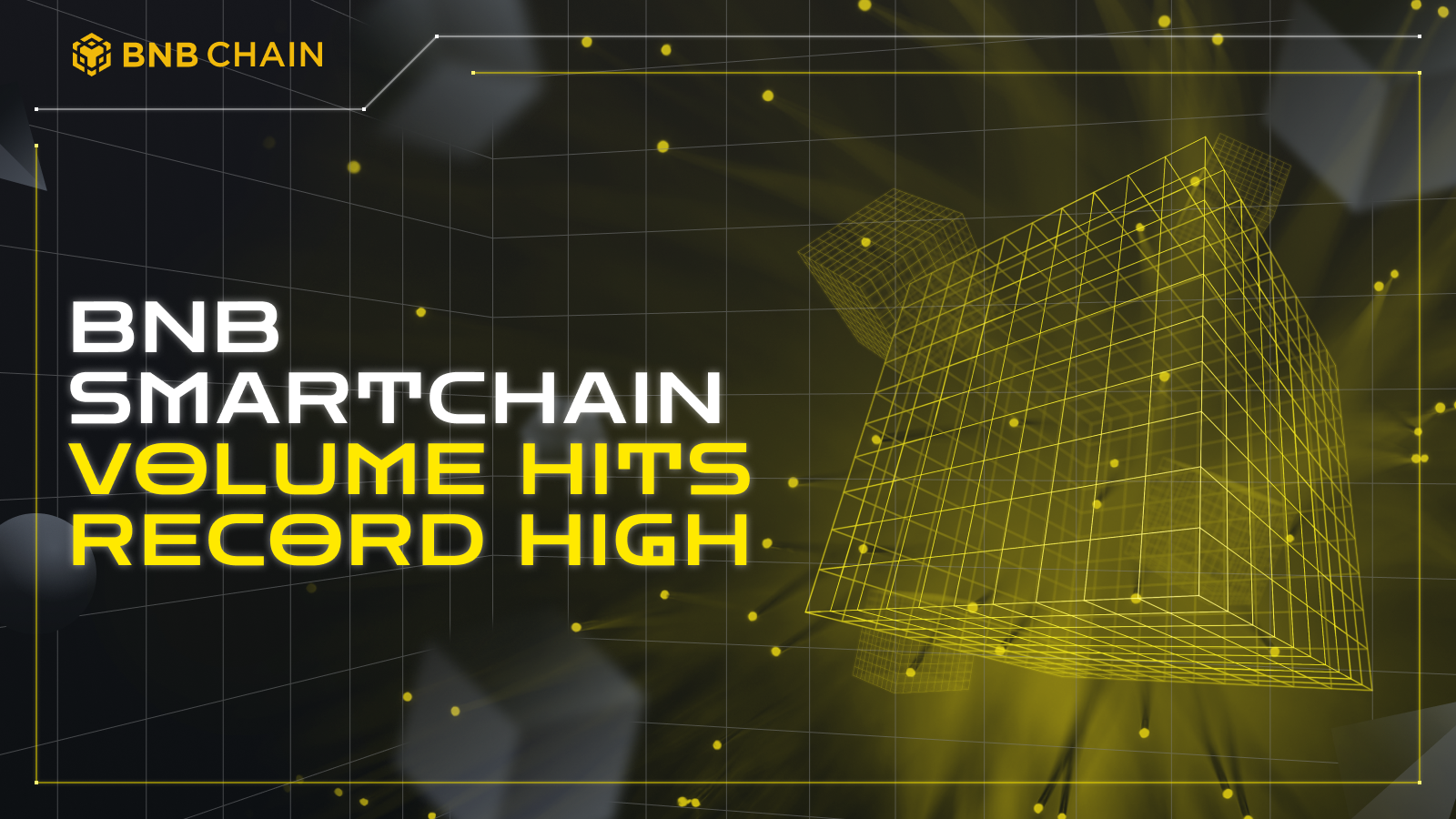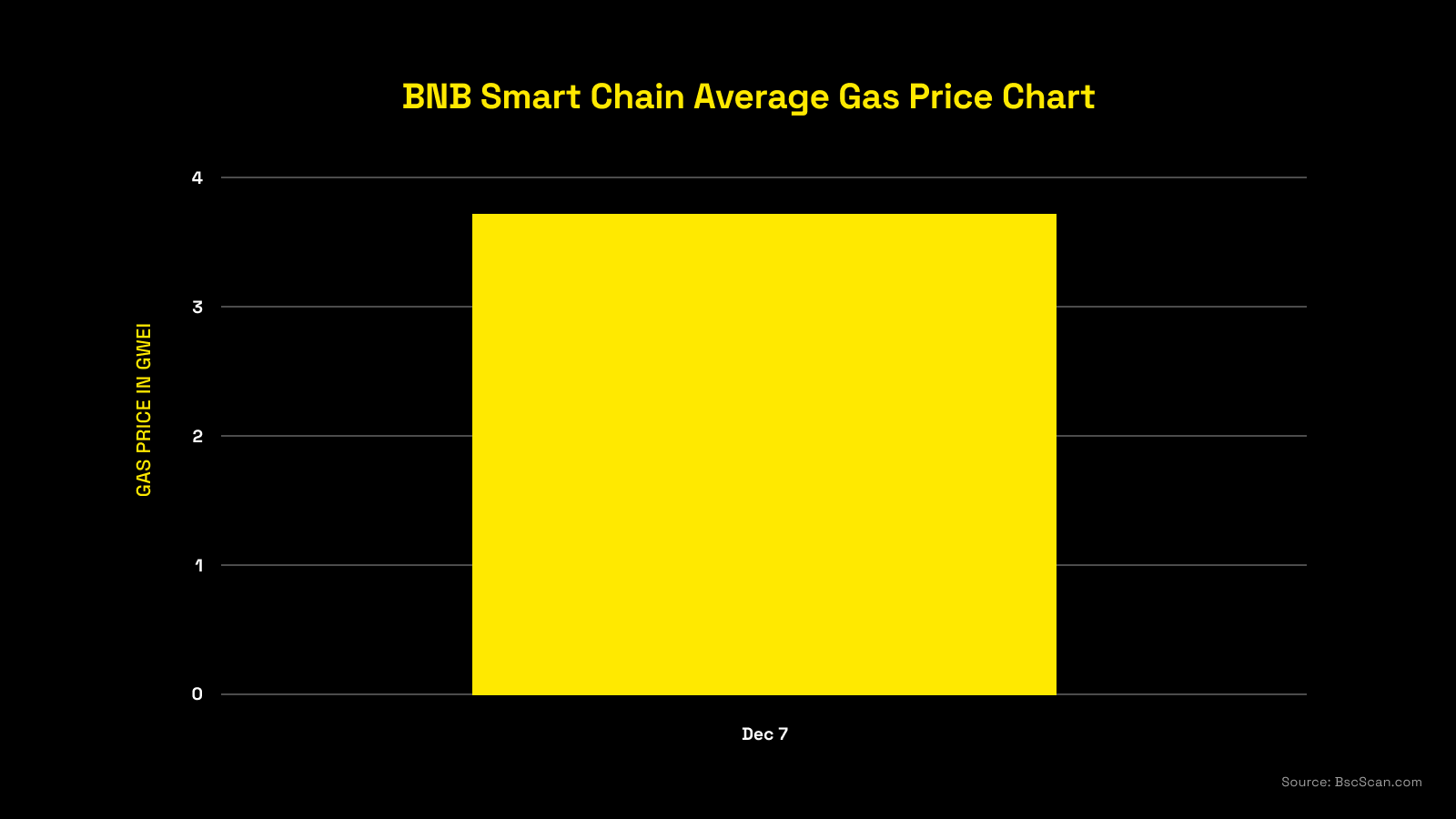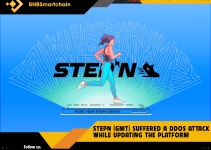Table of Contents

On Thursday, December 7, 2023, BNB Smart Chain (BSC) handled an unprecedented 32 million transactions in a single day. This volume is not only twice the previous all-time high (ATH) for BSC but also surpasses the industry-wide benchmarks for daily transactions in all EVM blockchains.
Here, we explore the significance of this milestone and examine the resulting challenges and the responses it has brought about.
Overall Performance Overview
BSC experienced a significant increase in transaction volume, recording an influx of 32 million transactions on December 7.
Despite the increase in network activity, BSC maintained stable gas fees. According to BSCScan data, the average gas price on December 7 was approximately 3.7 Gwei, which is very close to 3 Gwei – the average BSC gas price.

BSC’s ability to manage demand surges effectively, while maintaining high speed and avoiding inflated fees, is a result of its impressive 140 million gas per block capacity which were fully utilized during the spike.
BSC’s current block-carrying capacity is over four times greater than its closest rivals, Ethereum and Polygon, which offer 30 million gas per block. This superior block capacity grants BSC a substantial advantage in managing volume spikes that could potentially overwhelm other networks.
Ecosystem Overview During The Spike
Explorers
There was a noticeable lag on BSCScan which led to a misconception that the chain was down because users were unable to view their transactions on the explorer.
BSCScan, the most sophisticated BSC explorer, experienced unprecedented challenges due to this spike in volume. This surge in activity strained both indexing and RPC services, presenting a scenario unparalleled even for the BSCScan team. Note that this same team is responsible for etherscan.io and most other EVM blockchain scanners. As a result, performance issues arose during the transaction spike, underscoring the critical need for scalable solutions.
There are other explorer alternatives for BSC. Some light-weighted ones, such as BSCTrace, operated seamlessly during this period. Users are advised to utilize various explorers to verify the blockchain’s status. It’s important to remember that these explorers serve merely as monitors of the chain, rather than the chain itself..
To address this unseen data volume, BSCScan has immediately scaled its node and indexing services, which are essential for maintaining functionality and effectiveness amidst the growing transaction volume. The BNB Chain core team and BSCScan are actively co-working to manage future surges on the BSC network.
EVM.Ink
During the transaction surge, EVM.ink encountered major challenges, grappling with an overwhelming 27 million minting requests. This surge led to difficulties in accessing the network through the public RPC, as they had to compete with a high number of retail users. Their system, especially the indexer responsible for processing transactions, was heavily strained.
To address these challenges, BNB Chain recommended using dedicated services from top node providers like NodeReal for more efficient access. Looking forward, EVM.ink is focusing on scaling solutions, including indexing opBNB and optimizing their system for faster block times, to better handle such high-volume scenarios in the future.
Conclusion
BSC’s performance under heightened demand demonstrates its resilience and efficiency, setting an industry-wide benchmark for large-scale transaction processing. Going forward, BSC is focused on co-working with its ecosystem partners to meet growing demands, maintaining its high performance, and showcasing the scalability and efficiency possible in blockchain networks.


